UMD researchers uncover key mechanisms in gene regulation that may lead to better design of RNA-based medicines.
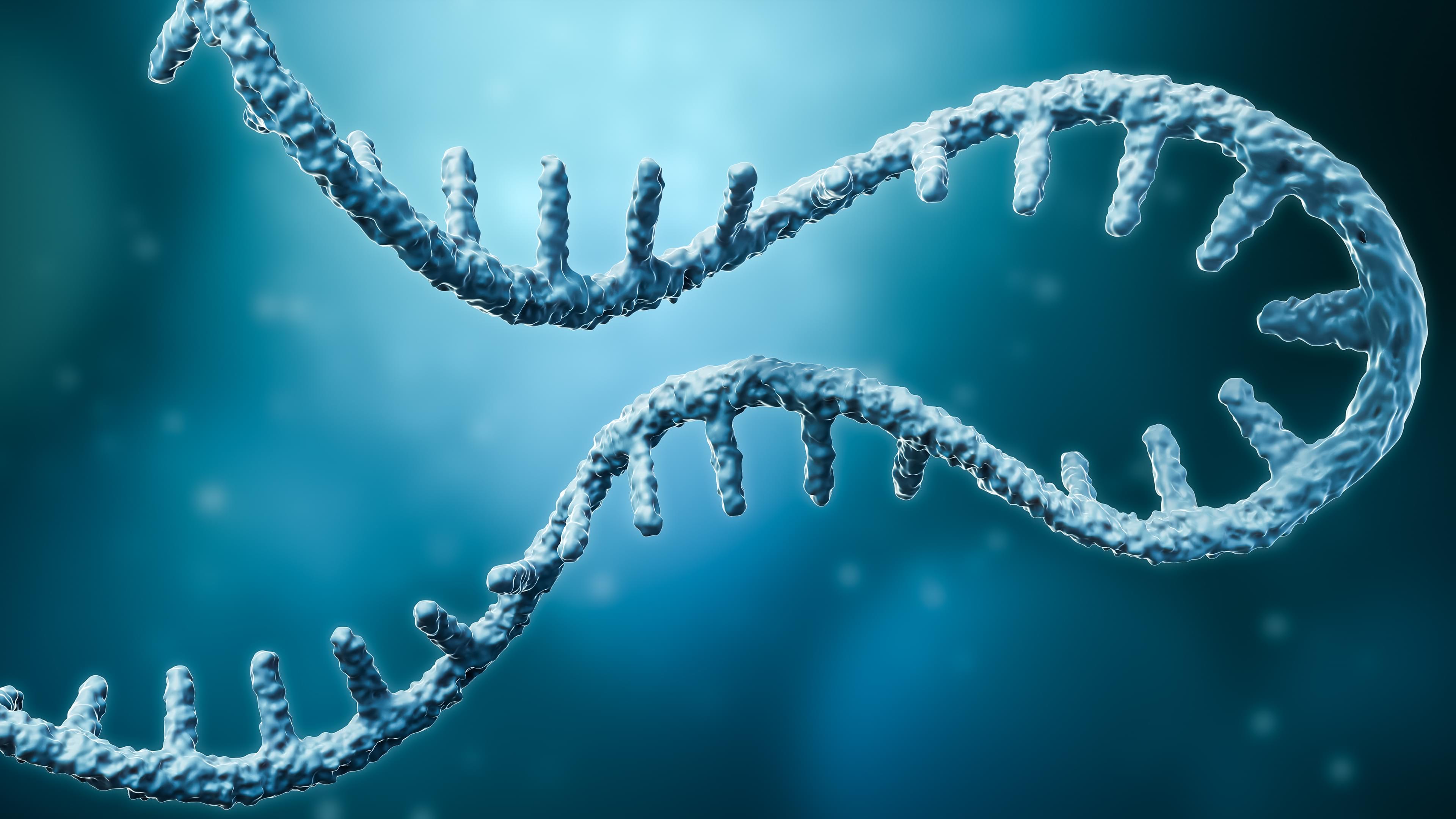


NASA’s Europa Clipper is well on its way to Jupiter’s icy moon, Europa, set to arrive in 2030. While its science instruments remain dormant for now, its star trackers are actively working, snapping images of distant stars to help orient the spacecraft. These starfield images, which include the constellation Corvus, are crucial for navigation and ensuring the spacecraft can correctly align its antennas and instruments.

You’re probably a bit tired by now of all this talk about private space stations coming from all over. Fatigue, most likely, does not come from the fact that several private companies are now working on this, because that’s very exciting, but from the fact that, despite the chatter, nothing significant seems to be happening.
You must take into account, though, that putting together a habitat that can safely house humans in space for long periods of time is not an easy task, and it requires millions invested and years spent on developing the required tech.
That means we’re likely still years away from seeing such a thing come to life. It turns out that we’ll not have to wait for too many years, though, as the first crewed flight to a private space station is now planned for 2026.
We often discuss if space travel is feasible and if we can settle strange new worlds, but if we can, there is still the question of if we will.
Use code isaacarthur at the link below to get an exclusive 60% off an annual Incogni plan: https://incogni.com/isaacarthur.
Join this channel to get access to perks:
/ @isaacarthursfia.
Visit our Website: http://www.isaacarthur.net.
Join Nebula: https://go.nebula.tv/isaacarthur.
Support us on Patreon: / isaacarthur.
Support us on Subscribestar: https://www.subscribestar.com/isaac-a… Group: / 1,583,992,725,237,264 Reddit:
/ isaacarthur Twitter:
/ isaac_a_arthur on Twitter and RT our future content. SFIA Discord Server:
/ discord Credits: Will We Colonize Space? Episode 426a; December 24, 2023 Produced, Written & Narrated by: Isaac Arthur Music Courtesy of Epidemic Sound http://epidemicsound.com/creator.
Facebook Group: / 1583992725237264
Reddit: / isaacarthur.
Twitter: / isaac_a_arthur on Twitter and RT our future content.
SFIA Discord Server: / discord.
Credits:
Will We Colonize Space?
Episode 426a; December 24, 2023
Produced, Written & Narrated by: Isaac Arthur.
Music Courtesy of Epidemic Sound http://epidemicsound.com/creator
Lagrange Points are the rare oases, stationary islands in space. As a result, they are invaluable real estate where we can build vast space habitats.
Watch my exclusive video Giant Space Monsters: https://nebula.tv/videos/isaacarthur–…
Get Nebula using my link for 40% off an annual subscription: https://go.nebula.tv/isaacarthur.
Join this channel to get access to perks:
/ @isaacarthursfia.
Visit our Website: http://www.isaacarthur.net.
Join Nebula: https://go.nebula.tv/isaacarthur.
Support us on Patreon: / isaacarthur.
Support us on Subscribestar: https://www.subscribestar.com/isaac-a…
Facebook Group: / 1583992725237264
Reddit: / isaacarthur.
Twitter: / isaac_a_arthur on Twitter and RT our future content.
SFIA Discord Server: / discord.
Credits:
Lagrange Point Space Settlement.
Episode 431; January 25, 2024
Produced, Written & Narrated by: Isaac Arthur.
Editors:
Anne Kopperud.
Briana Brownell.
Graphics:
Ben Goertzel, CEO of ASI Alliance and SingularityNET, “A Path to Beneficial Superintelligence”: shares his wisdom into how Decentralized AI efforts, like those driven by ASI Alliance, are paving the way for a future where superintelligence benefits everyone, not just the few.
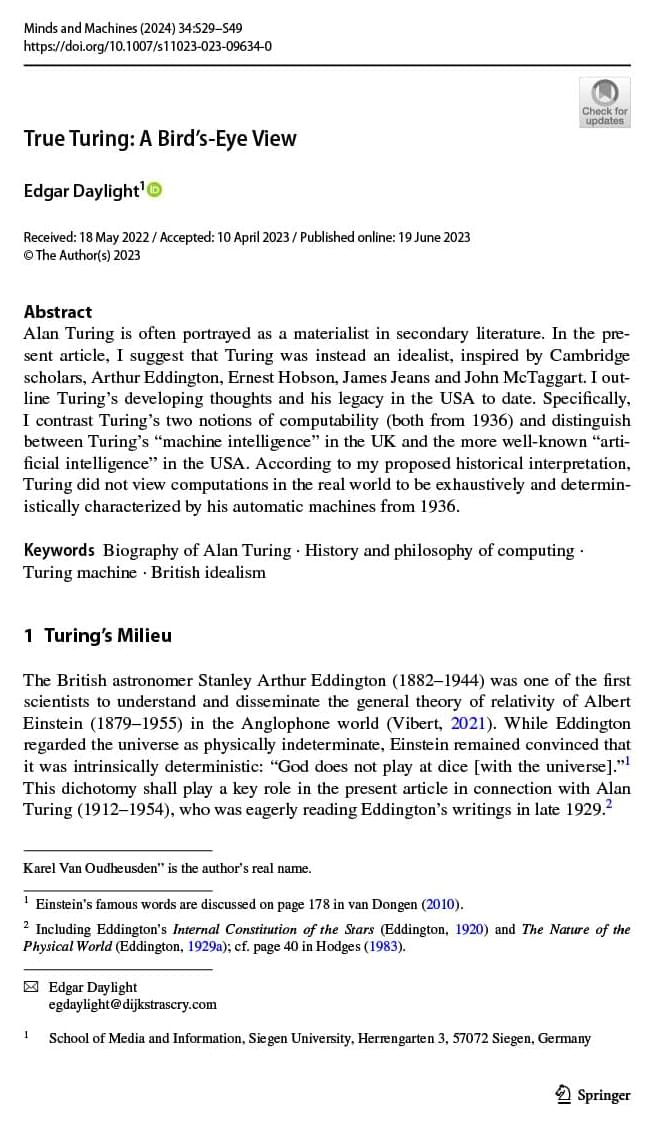
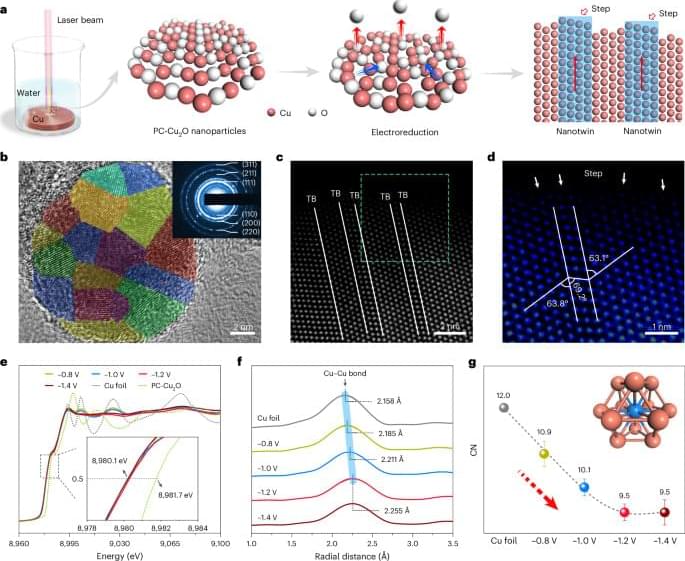
Low-cost Cu catalysts for the hydrogen evolution reaction (HER) can transform industrial water electrolysis, but pure Cu typically exhibits a negligible HER. Here, combining pulsed laser ablation and subsequent electroreduction, Cu nanotwins form that enable the HER at an overpotential of 301 mV, with 125 h of stable operation at a current density of 500 mA cm−2.
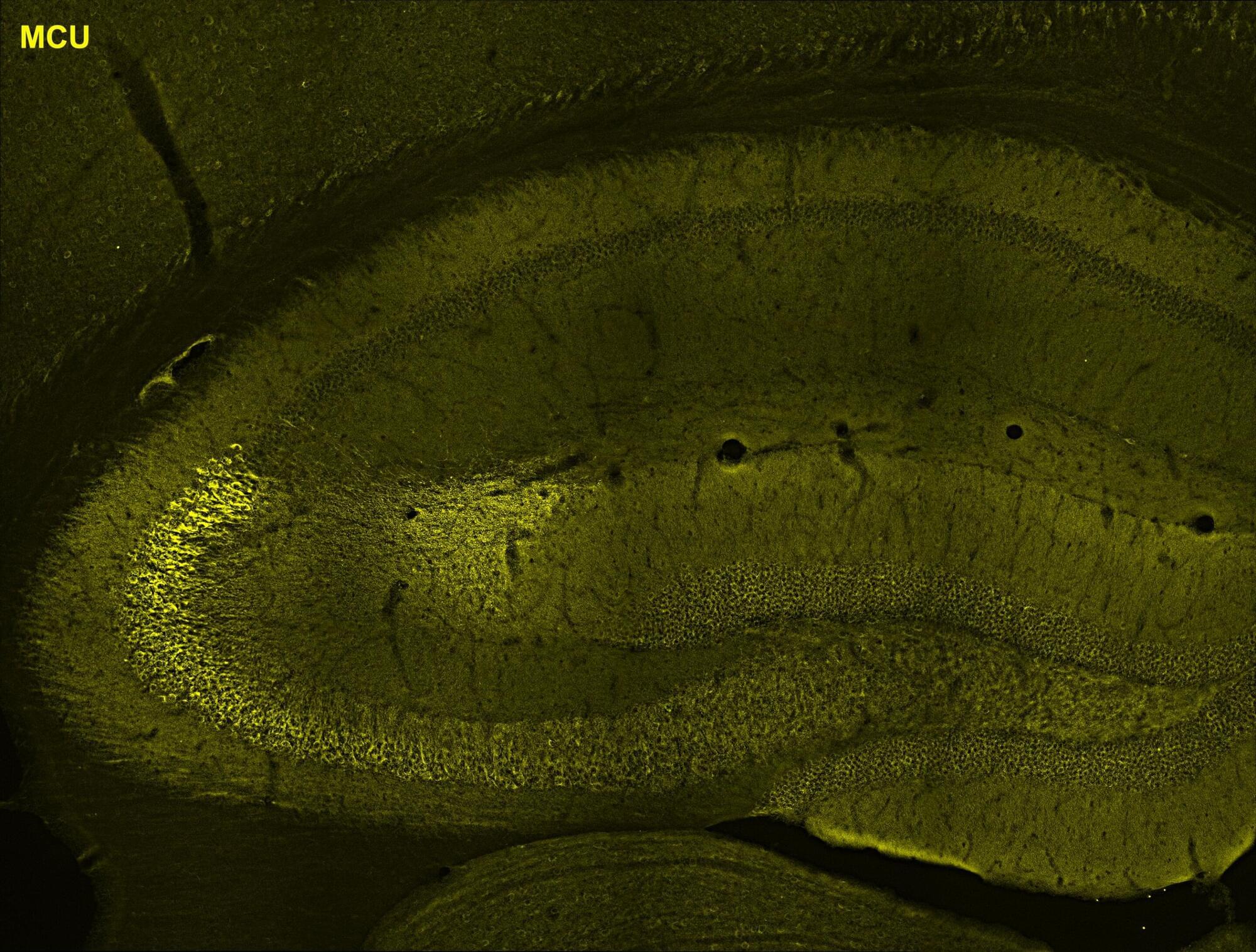
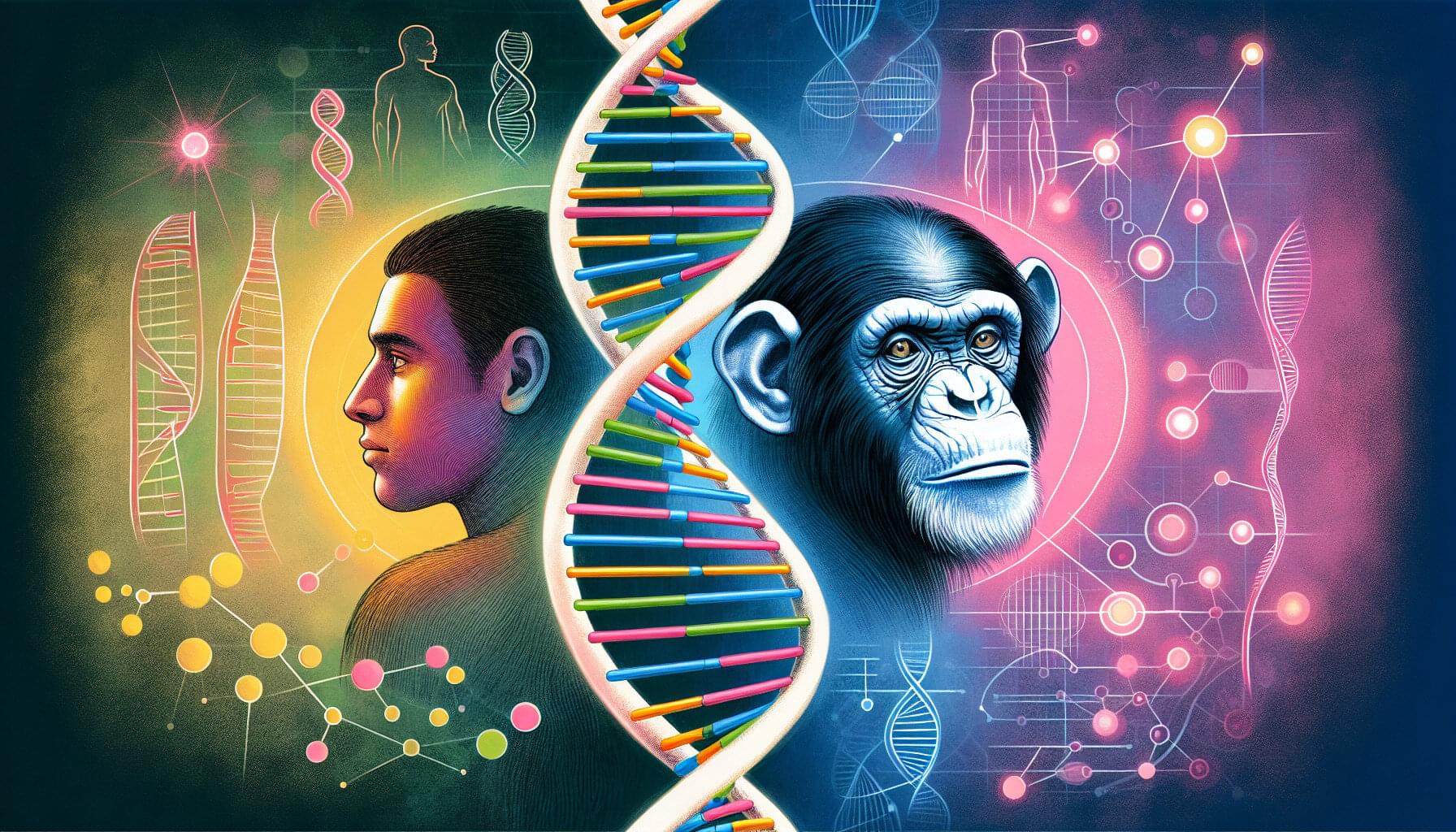
A new Yale study provides a fuller picture of the genetic changes that shaped the evolution of the human brain, and how the process differed from the evolution of chimpanzees.
For the study, published Jan. 30 in the journal Cell, researchers focused on a class of genetic switches known as Human Accelerated Regions (HARs), which regulate when, where, and at what level genes are expressed during evolution.
While past research theorized that HARs may act by controlling different genes in humans compared to chimpanzees, our closest primate relative, the new findings show that HARs fine-tune the expression of genes that are already shared between humans and chimpanzees, influencing how neurons are born, develop, and communicate with each other.